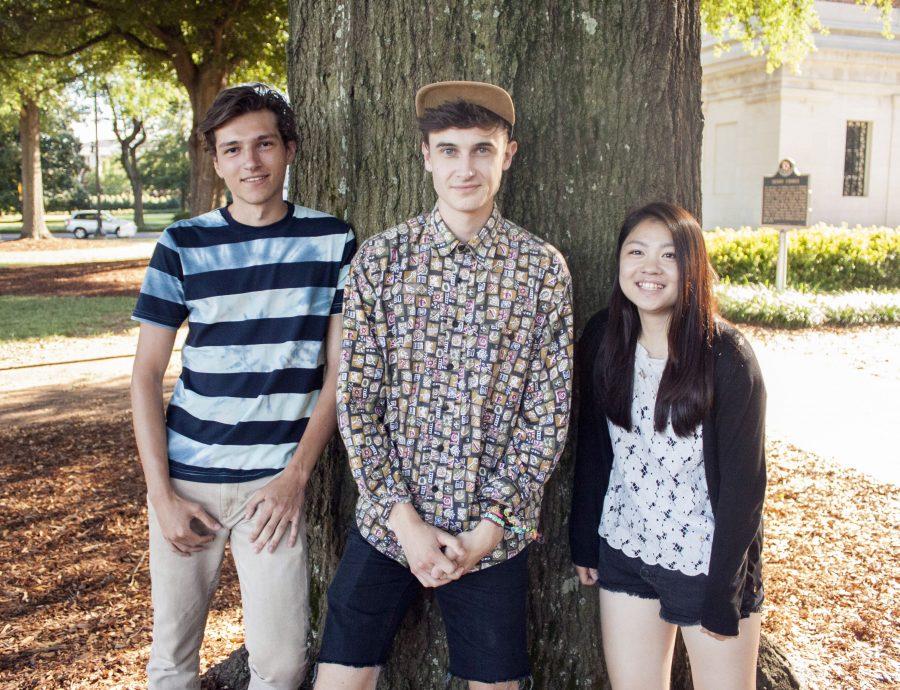“We don’t fry anything in Britain,” Mould said. “If you were to fry something in Britain, they would shriek at you and say ‘how unhealthy!’”
Traditions like Fried Fridays are nothing out of the ordinary on this campus but can be a foreign concept to international students. The University is home to a large number of international students from all over the world, and each of their study-abroad experiences is unique. While students face different challenges and experience different joys, many have found their home at the University thanks to southern charm and hospitality.
“I really wanted to experience southern culture, and it’s proven to be accurate,” Mould said. “I have friends in other places in America and they’re having a great time, but people aren’t as friendly as they are here.”
We might take the kindness of everyone on campus for granted, but for Mould it’s a whole new world.
“Everything is excess, excessive amounts of kindness,” Mould said. “If I open the door for someone here they say thank you. [In Britain] we just tend to apologize a lot.”
Even though our campus is large, Mould pointed out the closeness he feels among the student body.
“It’s refreshing to see a university coming together on something,” Mould said. “We don’t have anything like the football team. American universities are a lot more social.”
Michael Auprince, a first year foreign exchange student from Australia, came to Alabama on a scholarship for wheelchair basketball.
“[Tuscaloosa] is the best place to study, train and live in the U.S.,” Auprince said. “School is a lot more in your face than in Australia, and the grading system is completely different. I’ve only been here for two weeks, but I’m getting into a routine and that makes it easier.”
Auprince works to balance the American academic system with athletics while studying abroad.
“It’s a lot of early morning training and late night training,” Auprince said. “But my coach is really into the academic side of it. We go twice a week, two hours at a time, to study in his office.”
While UA’s academic system is different from Australia’s, it’s also different from other universities in foreign countries, which can make adjusting to classes somewhat difficult for international students. Marco Curado Both, a senior from Brazil, described how different it is to be studying in the United States.
“We have to come to classes here, and I have lots of homework and assignments,” Both said. “It feels like elementary school all over again. We have quizzes, and that doesn’t happen in Brazil. I found that here it’s kind of easier than there.”
Differences in the academic system are not the only causes for struggle for an international student. Erika Urushiyama, a senior from Japan majoring in English, feels that the language barrier is her biggest challenge.
“I feel sometimes that I’m an international student when my English is not good for them and they don’t understand me,” Urushiyama said. “Using English has been most difficult for me. Even if people can speak English, it’s a second language, and they can’t communicate to other people completely. I can’t say my feelings 100 percent sure.”
Nahree Doh, a staff psychologist at the UA counseling center, has done extensive research on student adjustment and acculturation. She has found through her research that the language barrier continues to be an issue in a student’s adjustment to a new country.
“Some are pretty comfortable speaking the language because they were exposed to English education in their country,” Doh said. “A lot of students talked about their struggle with southern accents because it is not the standard English they learned when they learned English.”
Doh has also found that it is important for American students to do what they can to make international students feel comfortable and welcome.
Having spent 20 years in Brazil, Both said he could spend the next 20 here.









